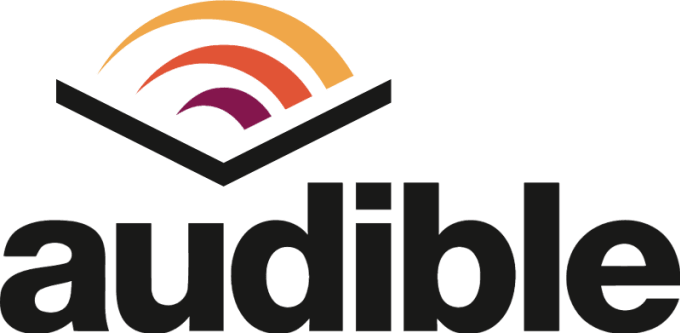

When it launched in 2011 – and right up until March of 2020 – Audible would give out up to 200 promotional codes to anyone who completed production on an audiobook, no matter what the content.

These junk books are a hangover from Amazon’s original marketing strategy for Audible, which accidentally incentivised the proliferation of twaddle. “It was very stilted and awkward for me, and they were like, ‘Oh, I love it, it’s great…’ I hated it.” She was asked to just drag the words out really, really, really slowly. “The problem came when the book probably had about two hours’ worth of narration, and they wanted it to be three hours,” she explains. She’s remembering one of her first and only experiences on ACX, when she secured a gig reading a book of children’s stories. “It seemed like the perfect job for me, because I have children, and I love to read out loud to my children,” says Aleesha Bake, a voiceover artist, appearing on Zoom from within the monochrome, chequered walls of a hermetically sealed StudioBricks recording booth.

It’s here that these nonsense books can be used as scams. Occasionally, books not too far from this make it on to Amazon’s flagship audiobook platform, Audible, and more commonly can be found on Audible’s behind-the-scenes platform, where authors can list work and narrators can audition and record it: the Audiobook Creation Exchange (ACX).


 0 kommentar(er)
0 kommentar(er)
